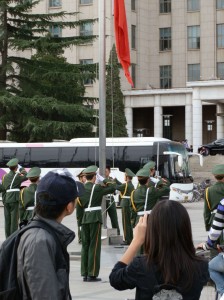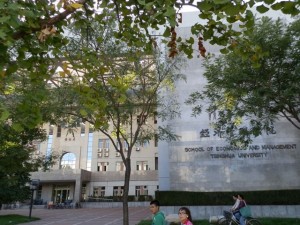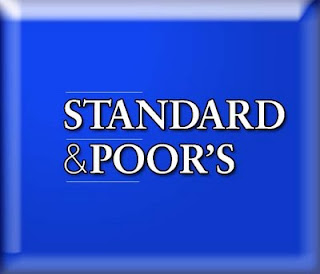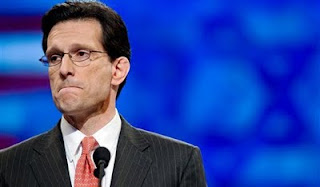The would-be monarch is fighting hard but just may lose

Crowd estimates are notoriously unreliable. But it appears that between four million and six million Americans angry enough to march on “No Kings Day” last Saturday don’t like the idea of a monarch in the White House. And, given the latest approval ratings for Donald J. Trump – 39 percent or lower, the lowest since January – it is likely that many more who stayed home don’t either.
Of course, some like the idea of an absolute ruler – or something close to it. The Project 2025 folks, for instance, love the so-called “unitary executive theory,” which holds that the Constitution vests power in the executive branch in the president, giving him the power to command at will, hiring and firing and issuing edicts as he sees fit.
“A president is elected by the whole American people,” is how Deputy White House Chief of Staff Stephen Miller put it in a February press briefing. “He’s the only official in the entire government that is elected by the entire nation. Right? Judges are appointed. Members of Congress are elected at the district or state level.”
“Just one man,” Miller continued. “And the Constitution, Article 2, has a clause, known as the vesting clause, and it says, ‘The executive power shall be vested in a president,’ singular. The whole will of democracy is imbued into the elected president. That president then appoints staff to then impose that democratic will onto the government.”
Certainly, Trump agrees. That’s why he has fired top officers at such independent agencies as the National Labor Relations Board and the Merit Systems Protection Board, the Equal Employment Opportunity Commission, the Federal Energy Regulatory Commission, and more recently, the U.S. Nuclear Regulatory Commission. And he also issued an executive order taking direct control of independent regulators, including the Securities and Exchange Commission, the Federal Trade Commission and the Federal Communications Commission.
By appointing loyalist Kash Patel, moreover, he seized control of the FBI, where Patel has been polygraphing agents to find news leaks. And he upended the Justice Department, where appointee Pam Bondi has turned its guns on anyone who investigated Trump in past times. He also fired 18 inspectors general from federal agencies.
“It’s good to have a strongman at the head of a country,” then-candidate Donald Trump declared at a New Hampshire campaign rally back in January 2024, as NPR reported.
Thus, no one could be surprised that he could unilaterally order National Guard troops and Marines into a state where officials didn’t invite them and don’t want them. After California officials sued Trump over the move, he lost an initial judgment and is now fighting in a federal appeals court to keep the troops on the ground.
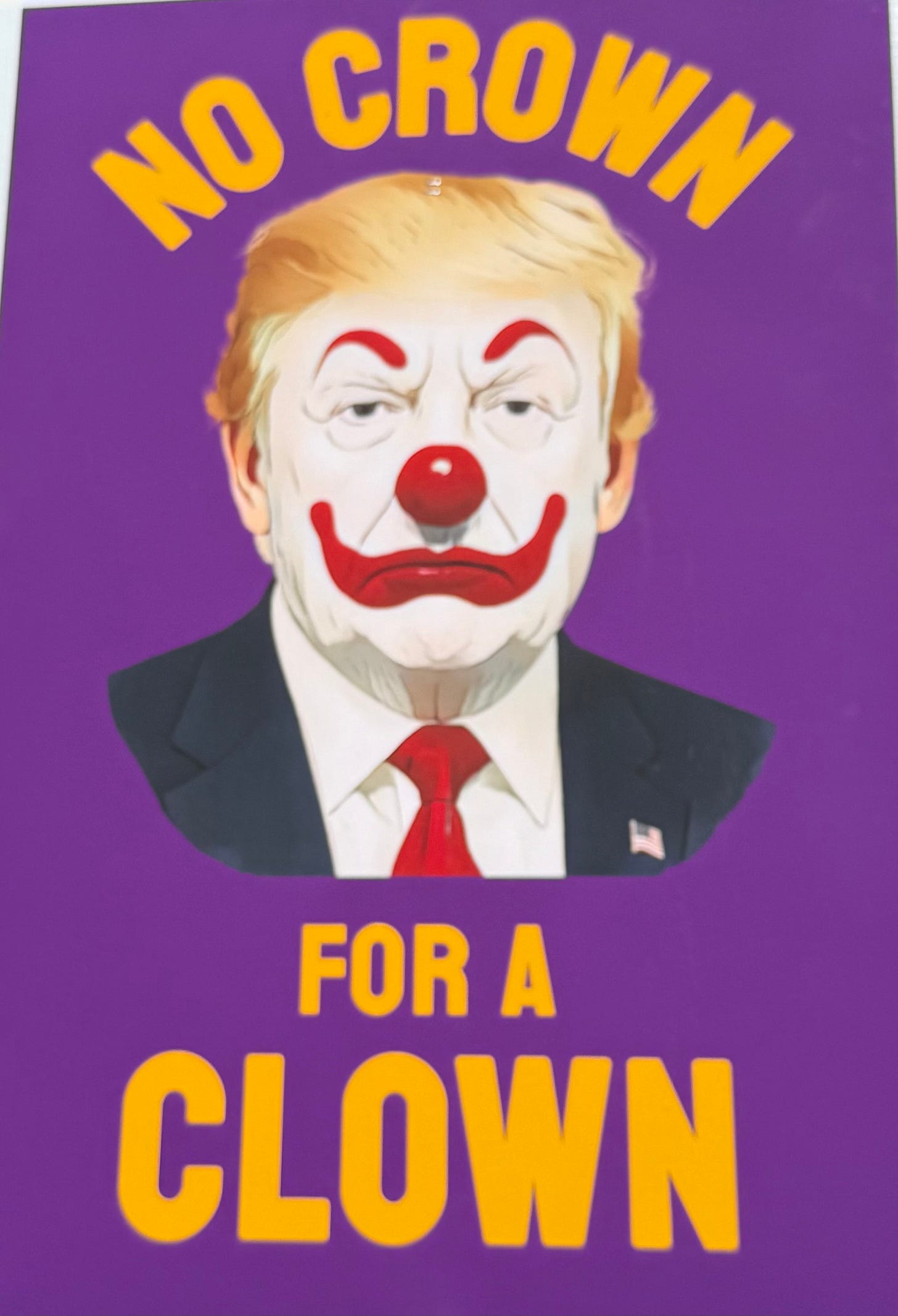
Trump, of course, seems to feel he can defy court orders he doesn’t like. Thus, D.C. District Court Judge James E. Boasberg, found reason to believe that administration officials defied his order requiring a halt to deportations under the Alien Enemies Act. And in several cases involving the withholding of federal funding, judges found the administration to be violating injunctions to restore funding.
So much for checks and balances, one might say. And more power to the advocates of the unitary theory or, perhaps more apt, the monarchists.
In some ways, this is cyclical. Those of a certain age will recall that John F. Kennedy felt no reluctance to appoint his brother, Robert, as Attorney General, leading the Justice Department. Only norms and self-restraint regulated much presidential power for much of our history. But, as NPR reported, after Richard Nixon resigned in a scandal over abusing such power, Congress spent years passing laws to limit that power. Inspectors general emerged to attack waste, wrongdoing and inefficiencies.
“We’re still living with those laws today,” conservative legal scholar John Yoo told NPR. “And one way to understand what Trump is trying to do, and I’m not saying even that Trump understands this is what he’s doing, but the presidency, the way it’s designed, urges him to do it, [is] he’s trying to snap those bounds that were imposed on the presidency in the post-Watergate era.”
So, Fox News contributors such as Jonathan Turley, a George Washington University law professor, are keen to attack Democrats for trying to preserve those bounds with efforts such as the “No Kings” demonstrations. “Monarchy Malarkey” Turley called it on his website and in a column for The Hill.
“It is a curious campaign, since every indication is that our constitutional system is operating precisely as designed,” Turley argued. Courts have ruled for and against the president, he added, suggesting everything is just fine, except that Democrats are trying to breathe life into their failed “Democracy is Dying” theme.
“The danger is that these Democratic politicians are fueling the most radical and violent elements in our country with their ‘rage rhetoric,’” he contended.
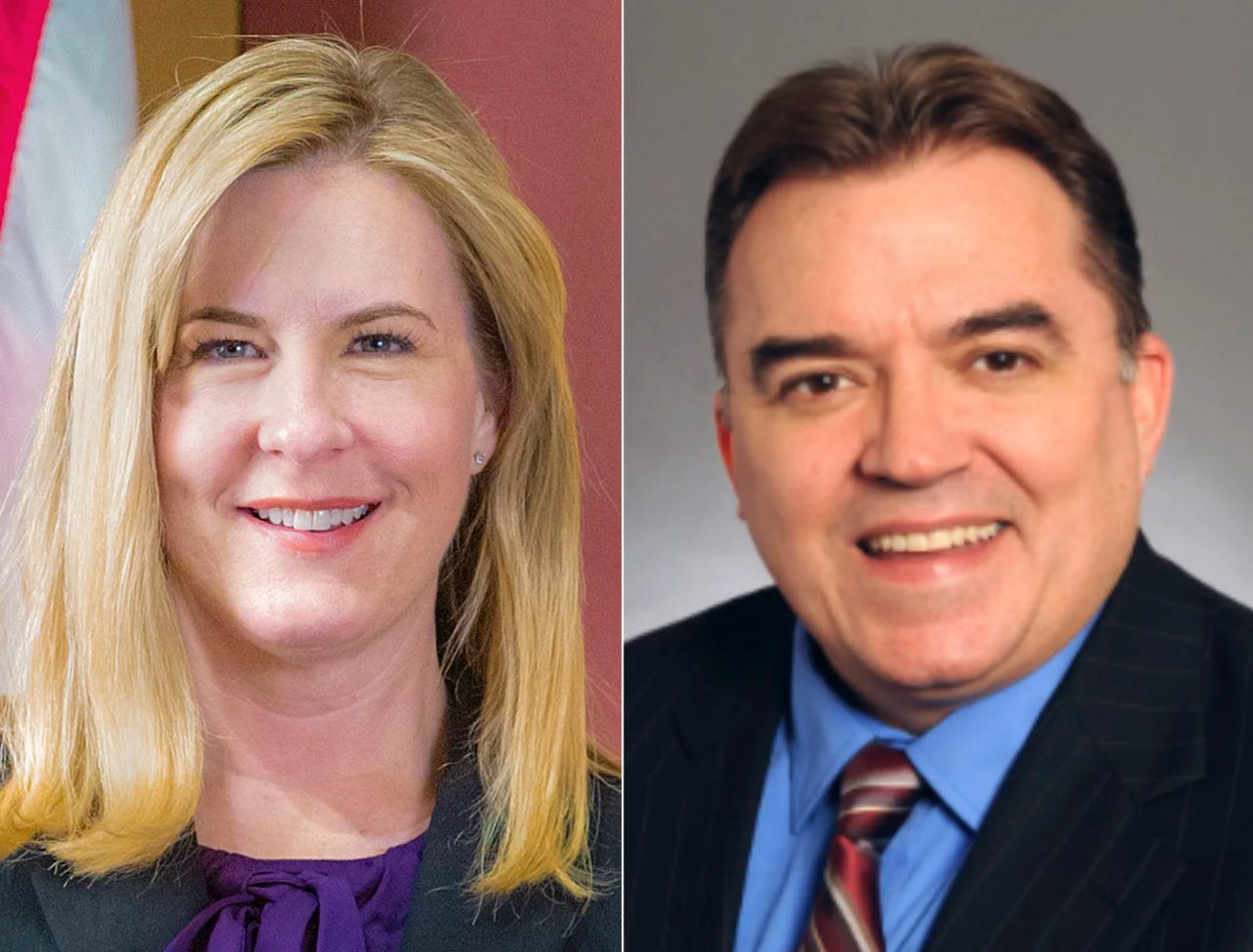
Turley’s timing in making that absurd contention couldn’t have been worse. Recall that a Trump supporter, Vance Luther Boelter, in the predawn hours of “No Kings Day” assassinated former House Speaker Melissa Hortman and her husband, Mark, in their home outside Minneapolis. He also shot state Sen. John Hoffman, also a Democrat, and his wife, Yvette, though they survived. And Boelter had a hit list of 45 Democrats.
Recall, too, Trump’s egging on of the insurrection at the Capitol on Jan. 6, 2021. And his claim afterward that the Capitol terrorizers were “patriots,” followed by his pardon of those who attacked police and others. Can we expect anything better of a man whose disdain for law and order is demonstrated most clearly by his own 34 felony convictions, findings for which he has avoided justice?
For Trump apologists, important questions loom. Is the system really operating as designed when Congress and most of the Senate are supine in the face of Trump efforts against universities, including Turley’s GW? Is it really operating when the president thumbs his nose at courts? Is it really operating when a president can countermand the wishes of a state’s governor and a big-city mayor? Or when, out of sheer vindictiveness, he can ramp up his deportation plans by targeting Democrat-led cities where the protests were largest, such as Los Angeles, Chicago and New York?
“We must expand efforts to detain and deport Illegal Aliens in America’s largest cities,” Trump ranted on his Truth Social platform. “These, and other such cities, are the core of the Democratic Power Center, where they use Illegal Aliens to expand their Voter Base, cheat in Elections and grow the Welfare State, robbing good paying Jobs and Benefits from Hardworking American Citizens.”
In the face of such George III-like furor (see the brilliant royal take in “Hamilton”), is the system really performing as it should? Or are critics such as Nobel Prize winning economist Paul Krugman onto something in supporting the “No Kings” efforts.
“America is no longer a full-fledged democracy,” Krugman argued in his Substack. “We are currently living under a version of competitive authoritarianism — a system that (like Orban’s Hungary or Erdogan’s Turkey) is still democratic on paper but in which a ruling party no longer takes democracy’s rules seriously.”
But Krugman doesn’t believe Trump has won — yet.
“Trumpists, however, haven’t yet fully consolidated their hold,” Krugman wrote. “America still has a chance of reclaiming itself from the grip of brazen corruption, mindless destruction, and contempt both for the rule of law and for our erstwhile allies. We don’t have to become a country bullied into submission.”
For that view to prevail – for American liberties and reasonable government policies to succeed – it likely will take more and bigger “No Kings” days. It will likely take a huge voter turnout in one and a half years to send a message in the Congressional elections that, indeed, most Americans have no use for the would-be monarch. And it will take a resounding rejection of Trump’s GOP two years after that to begin restoring health to the Republic.
Encouraging as they are, four, five or six million anti-monarchists are just a start.

